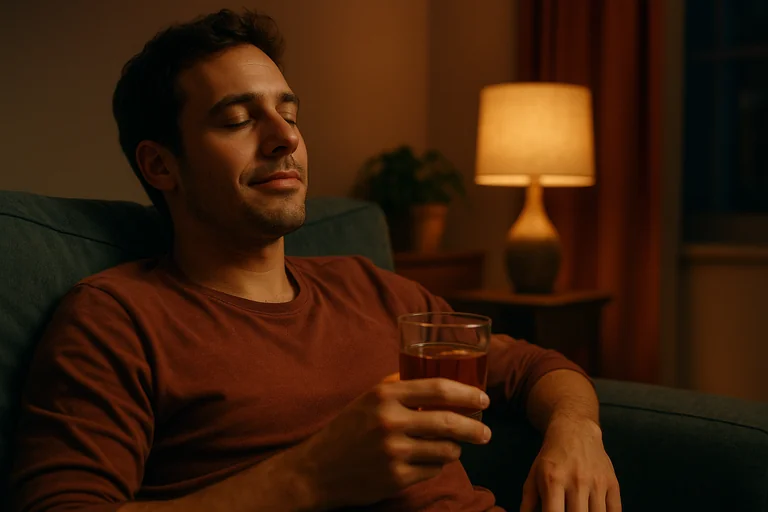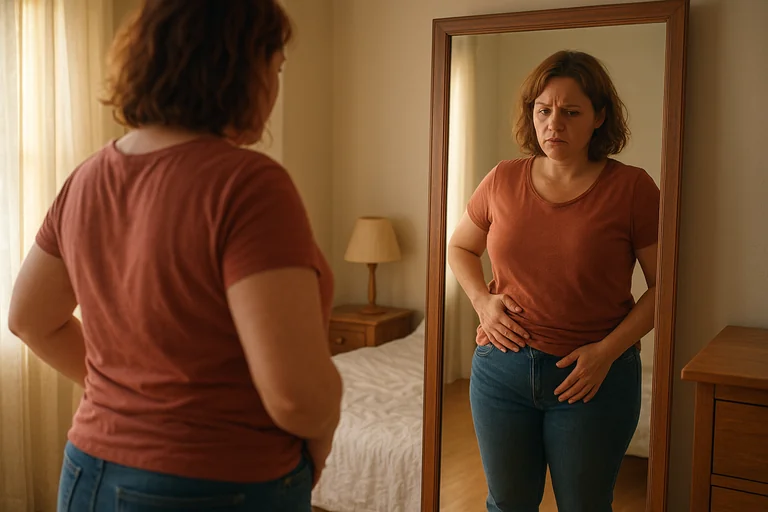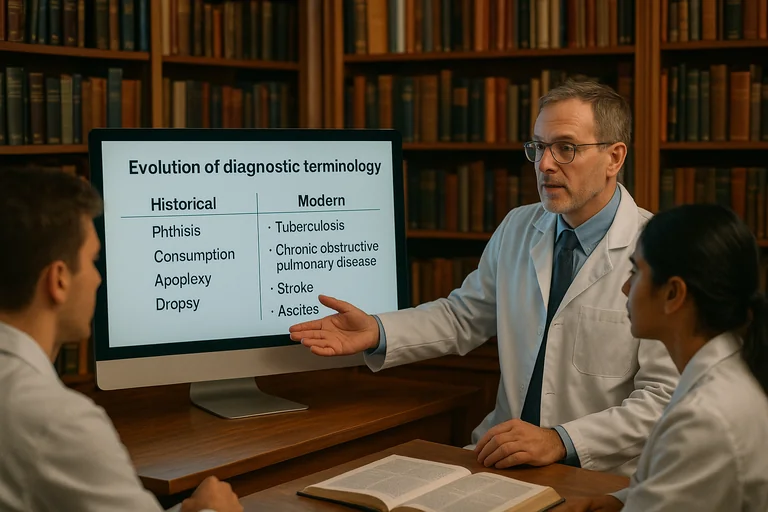A 2 minute assessment to get a personalized mental health or alcohol recovery plan.
We’re giving you the naltrexone alcohol withdrawal truths along with information about alcohol withdrawal meds that can help ease mild to severe symptoms.
What You’ll Learn:
- The biology behind alcohol withdrawal.
- Why naltrexone isn’t used for alcohol withdrawal.
- Why it’s important to seek out help from a medical professional to curb alcohol withdrawal symptoms.
- What meds for alcohol withdrawal symptoms can be used.
Can you use naltrexone for alcohol withdrawal? It’s a good question given that naltrexone helps curb alcohol cravings. But alcohol withdrawal is a whole other biological process, which is why naltrexone isn’t one of the best medications for alcohol withdrawal symptoms. Allow us to explain-
When Alcohol Withdrawal Happens and Why
People who are long-term chronic drinkers are likely to experience alcohol withdrawal symptoms if they significantly reduce their consumption or stop drinking alcohol altogether. Alcohol withdrawal doesn’t happen to everyone, but there is a 50/50 chance of it happening for people with alcohol use disorder (AUD).
After the alcohol consumption ceases the physical symptoms of alcohol withdrawal can set in. With alcohol withdrawal there’s a wide range of symptoms, some of which are mild and others that are life-threatening. Alcohol withdrawal symptoms include:
- Anxiety
- Depression
- Irritability
- Heaches
- Higher heart rate
- High blood pressure
- Insomnia
- Upset stomach
- Excessive sweating
- Heart palpitations
- Hyperthermia
- Confusion
- Tremors
- Hallucinations
- Delirium tremens
- Seizures
These symptoms tend to come on quickly, usually starting within 6-12 hours after drinking stops. Between 24 and 72 hours is when the withdrawal symptoms peak. Seizures are most likely between 24-48 hours and delirium risk is highest from 48 to 72 hours.
All this is because alcohol depresses the central nervous system (CNS) making work harder. Once alcohol is cleared from the system the CNS can’t regulate itself very well, and that is why alcohol withdrawal systems occur.
Naltrexone and Alcohol Withdrawal Don’t Mix
Naltrexone is effective when it’s in your system before drinking. Withdrawal occurs because a person has stopped drinking.
The recommendation is to actually begin taking naltrexone after alcohol is already out of your system for at least three days. This is because of how naltrexone works in the body. If naltrexone is taken at least an hour before consuming alcohol it blocks opioid receptors and inhibits the release of dopamine that occurs when you drink. This effectively kills the buzz from alcohol no matter how much you drink. But unfortunately, it won’t kill alcohol withdrawal symptoms.
Why You Need Medical Support During Alcohol Withdrawal
Quitting alcohol cold turkey can be deadly because of the bodily response. When someone stops drinking abruptly after heavy, chronic alcohol consumption it can be a shock to the system. There can be cardiovascular problems that pose serious risks. Hallucinations, delirium and seizures can also be deadly.
It’s always best to seek out medical assistance if you choose to cease alcohol consumption if you’ve been regularly or heavily drinking consistently for 2+ weeks.
Meds For Alcohol Withdrawal Symptoms
There are prescriptions and over the counter meds for alcohol withdrawal symptoms. Since OTC meds for alcohol withdrawal symptoms are only for some select mild issues, it’s always safest to get help from a medical professional if you intend to detox from alcohol. This is the only way to get a prescription for medications that help with the worst symptoms.
OTC Meds For Alcohol Withdrawal Symptoms
- Nonsteroidal anti-inflammatory drugs (NSAIDs)
- Anti-nausea
Prescription Medications For Alcohol Withdrawal Symptoms
- Carbamazepine
- Gabapentin
- Benzodiazepines
- Barbiturates
- Chlordiazepoxide
- Diazepam
- Lorazepam
- Phenobarbital
- Beta-blockers
- Clonidine
After the withdrawal symptoms have passed, naltrexone can provide vital support in helping you break free of unhealthy drinking habits and curb the alcohol cravings that make you want to drink more. At Choose Your Horizon we provide that support with online naltrexone prescriptions that are sent directly to your home. See if you are a candidate for naltrexone by taking the Alcohol Use Assessment.




